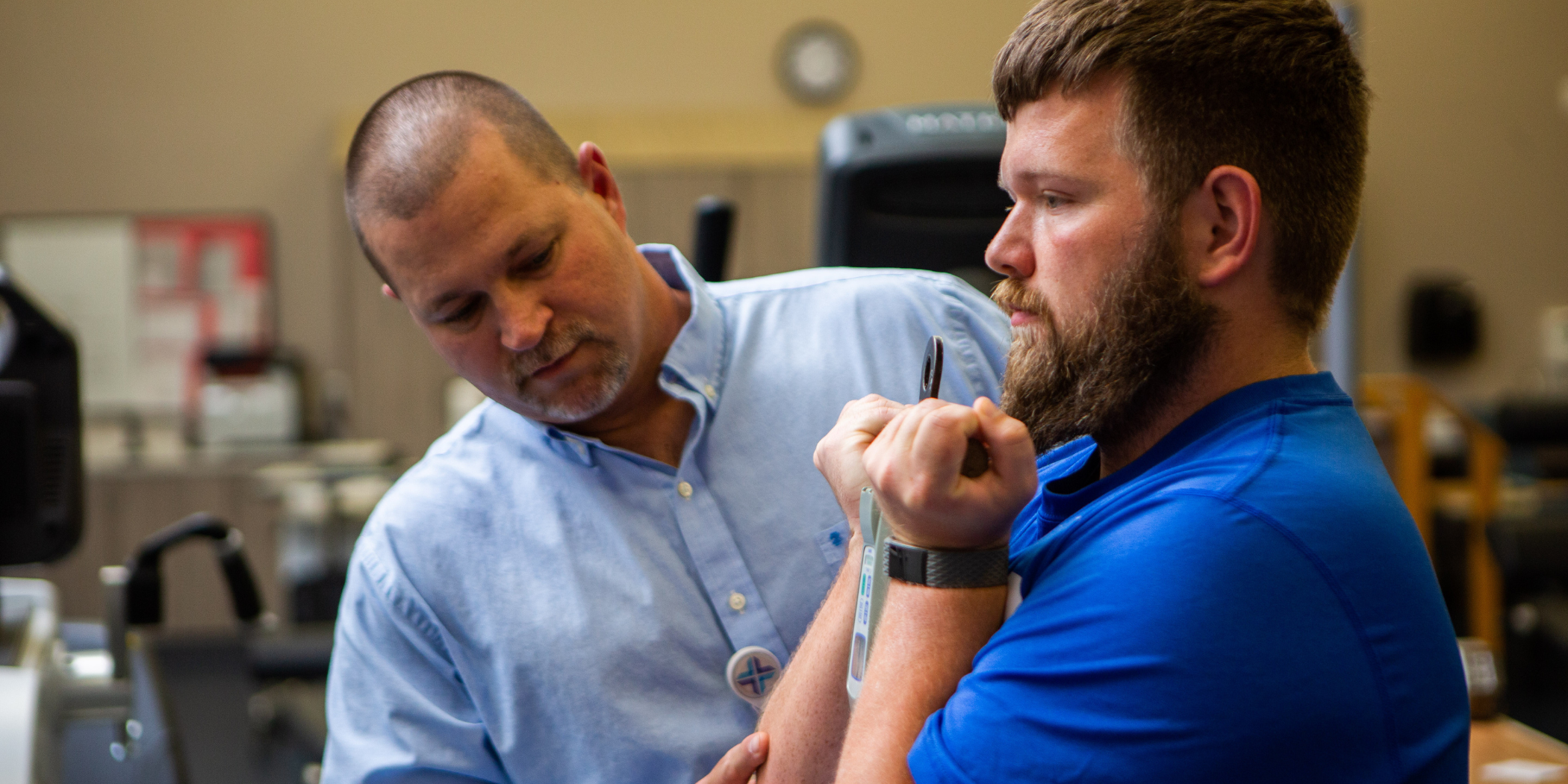
FAQs: Should I be worried? Answers to your zika questions
The word Zika has been popping up in the news over the last few weeks. Now, the World Health Organization has called an international public health emergency. Here's what Spartanburg Regional Healthcare System needs you to know:
What is Zika?
Zika is a disease caused by Zika virus that is spread to people primarily through the bite of mosquitoes, particularly those found in tropical areas.
What are the symptoms?
The most common symptoms are:
- Fever
- Rash
- Joint pain
- Conjunctivitis (red eyes)
Symptoms typically begin 2 to 7 days after being bitten by an infected mosquito. The illness is usually mild with symptoms lasting for several days to a week. For this reason, many people might not realize they have been infected. See your Spartanburg Regional Healthcare Systems healthcare provider if you develop symptoms, and tell them if you have recently traveled. Your healthcare provider may order blood tests to look for Zika or other similar viral diseases like dengue or chikungunya.
How is Zika transmitted?
Zika is primarily transmitted through the bite of infected Aedes. These mosquitoes are most aggressive in the daytime but also bite at night. Mosquitoes become infected when they bite a person already infected with the virus. Infected mosquitoes can then spread the virus to other people through bites. It can also be transmitted from a pregnant mother to her baby during pregnancy.
Who is at risk of being infected?
Those at risk include anyone who is living in or traveling to an area where Zika virus is found. Travel notices have been issued for:
- Cape Verde
- The Caribbean:
- Currently includes: Barbados, Curaçao, the Dominican Republic, Guadeloupe, Haiti, Martinique, Puerto Rico, Saint Martin, U.S. Virgin Islands
- Central America
- Currently includes: Costa Rica, El Salvador, Guatemala, Honduras, Nicaragua, Panama
- Mexico
- Pacific Islands
- Currently includes: American Samoa, Samoa
- South America
- Currently includes: Bolivia, Brazil, Colombia, Ecuador, French Guiana, Guyana, Paraguay, Suriname, Venezuela
How can I protect myself from being infected with Zika?
There is no vaccine to prevent Zika. The best way to prevent diseases spread by mosquitoes is to avoid being bitten. Protect yourself and your family from mosquito bites. Here's how:
- Wear long-sleeved shirts and long pants.
- Stay in places with air conditioning or that use window and door screens to keep mosquitoes outside.
- Use Environmental Protection Agency (EPA)-registered insect repellents.
If you have a baby or child:
- Do not use insect repellent on babies younger than 2 months of age.
- Dress your child in clothing that covers arms and legs.
- Cover crib, stroller, and baby carrier with mosquito netting.
What is the treatment for Zika?
Treat the symptoms:
- Get plenty of rest.
- Drink fluids to prevent dehydration.
- Take medicine—such as acetaminophen—to reduce fever and pain.
If you are taking medicine for another medical condition, talk to your healthcare provider before taking additional medication. If you don't have a healthcare provider, visit MedicalGroupOfThe Carolinas.com.
Does Zika virus infection in pregnant women cause birth defects?
There have been reports of a serious birth defect of the brain called microcephaly (a condition in which a baby's head is smaller than expected when compared to babies of the same sex and age) and other poor pregnancy outcomes in babies of mothers who were infected with Zika virus while pregnant. Knowledge of the link between Zika and these outcomes is evolving, but until more is known, Spartanburg Regional Healthcare System recommends special precautions for the following groups:
- Women who are pregnant (in any trimester):
- Consider postponing travel to any area where Zika virus transmission is ongoing.
- If you must travel to one of these areas, talk to your doctor first and strictly follow steps to prevent mosquito bites during your trip.
- Women who are trying to become pregnant:
- Before you travel, talk to your doctor about your plans to become pregnant and the risk of Zika virus infection.
- Strictly follow steps to prevent mosquito bites during your trip.
Is this a new virus?
No. Outbreaks of Zika previously have been reported in tropical Africa, Southeast Asia, and the Pacific Islands. Zika virus likely will continue to spread to new areas. In May 2015, the Pan American Health Organization (PAHO) issued an alert regarding the first confirmed Zika virus infection in Brazil












